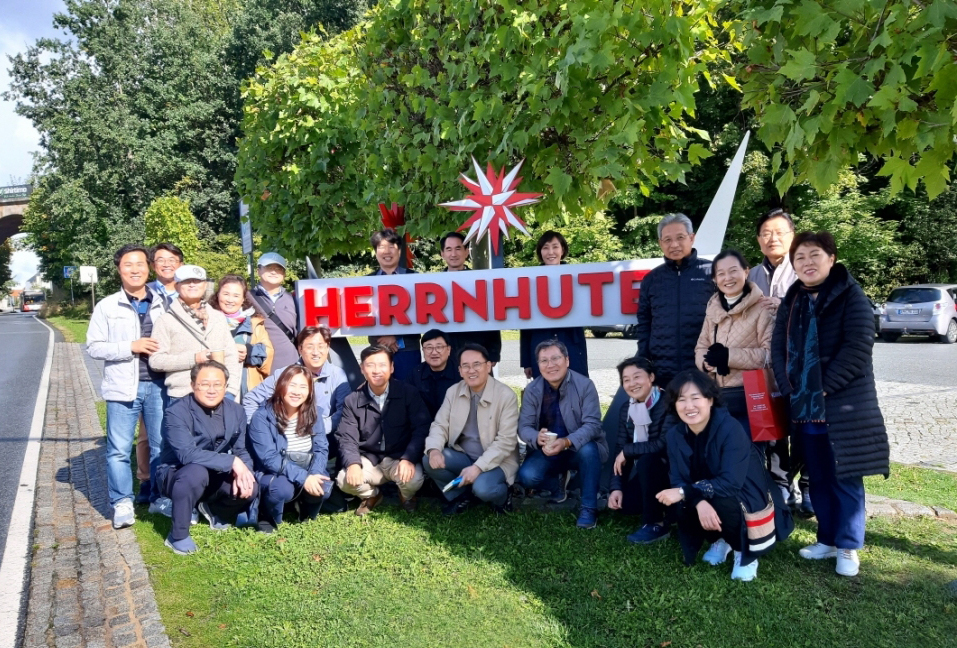
Pietism is the Cornerstone of Lliberal Theology.
The 17th century's German Pietism was the cornerstone of liberal theology in Germany. It was a pioneering movement in modern liberal theology, emphasizing religious experience and spiritual encounters.
We can summarize the impact of Pietism on the formation of 19th-century liberal theology in two ways. Firstly, it played a background role in shaping liberal theology. Liberal theology emerged from theological efforts to adapt to modern thought, particularly Enlightenment ideas, Piety, and Romanticism.
Pietism influenced the faith and religious views of prominent Enlightenment philosopher Immanuel Kant, and it contributed to the development of German Romanticism. Romanticism emphasized the immediacy of emotions. Piety, through Kant's philosophy and Romantic thought, supplied the necessary nutrients for the emergence of liberal theology.
Secondly, Pietism directly influenced liberal theology. Liberal theology has characters of subjectivity, experience, and ethics, which it inherited from Pietism. Piety had a significant impact on Friedrich Schleiermacher, often called the father of liberal theology. Schleiermacher encountered Pietism through the Moravian community of Herrnhut, where he had a conversion experience. He received Piety education and training in schools operated by the Moravian Church, which played a pivotal role in his growth.
The university where Schleiermacher graduated was once a stronghold of Pietism. He took great pride in the Piety movement.
Schleiermacher emphasized the emotional aspect of religion. He defined the essence of religion as an absolute feeling of dependence on God rather than focusing on truth, doctrine, or theology. He bypassed Immanuel Kant's epistemology and found the foundation of Christian existence in the universal sentiment of divine intuition in all religions.
Pietism's emphasis on "freedom" led Pietism followers to seek the ultimate authority of the Christian faith not in the Bible or written texts but in the individual's inner experience. Piety's critical attitude toward the Bible and loose thoughts about Christian truth opened the door to a crucial approach in the history of liberal theology, and it helped expose the weaknesses in church dogma.
Pietism turned its attention to practical faith, experience, and vibrant living since Lutheranism became too focused on doctrine and theology, leading to a loss of vitality of faith. It emphasized the role of humans over God's sovereign activity.
Pietism had a deep interest in the psychology of reviving faith. It relied excessively on human means.
Some Pietism believers showed no interest in Christian doctrine or theological beliefs, concentrating solely on religious emotions and faith experiences. Piety contributed to the emergence of human-centered liberal and free theology while destabilizing the balance of faith.
Pietism also influenced modern Evangelicalism. Conversion and regeneration were the elements that unified Piety believers. They focused on new life, new humanity, and changing the world through personal transformation.
The Pietism tradition influenced modern Evangelicalism, emphasizing personal faith, regeneration, holy and devout living, and warning unbelievers about the pains of hell.
Today's Evangelicalism inherits characteristics of Pietism, such as emphasizing conversion, regeneration, sanctification, and holy living. Highlighting the experience of God's grace through transformation is one of the distinctive features of Evangelicalism. Conversion experiences and a focus on the missionary task are characteristic features of Evangelical theology.
Pietism was incredibly influential in the United States. It manifested as prayer meetings, Bible studies, abstinence from alcohol and tobacco, conversion and repentance emphasis, passionate faith as the foundation of salvation, and warnings about the suffering of the unbelievers.
Pietism continues to influence contemporary Evangelicalism, emphasizing themes such as repentance, regeneration, holy and devout living. One of the distinctive features of Evangelicalism is its emphasis on experiencing God's grace through repentance. Repentance experiences and a focus on the mission of winning souls are characteristic features of Evangelical theology.
However, it's important to note that Pietism's emphasis on religious emotions and faith experiences led to a loss of self-restraint by neglecting doctrinal and theological concerns. This unbalanced focus on faith and experience contributed to the rise of human-centered liberal theology. In its pursuit of reviving faith, Pietism, in some ways, ended up losing its way, like searching for a millstone and losing a precious gem.
Piety is not solely a tradition of profound Pietism. It has strengths and weaknesses, filling gaps in the Christian faith. However, its impact on the Christian world has been positive and negative. It played a decisive role in the introduction of liberal theology and biblical criticism, which ultimately challenged the foundations of the church.
Rev. Doug Choi, Ph.D., President of Peniel Theological Seminary, Busan, Korea.
 The Background of the Israel-Palestine Armed Conflict
The Background of the Israel-Palestine Armed Conflict
 Heresy Judgement and Criteria
Heresy Judgement and Criteria

















